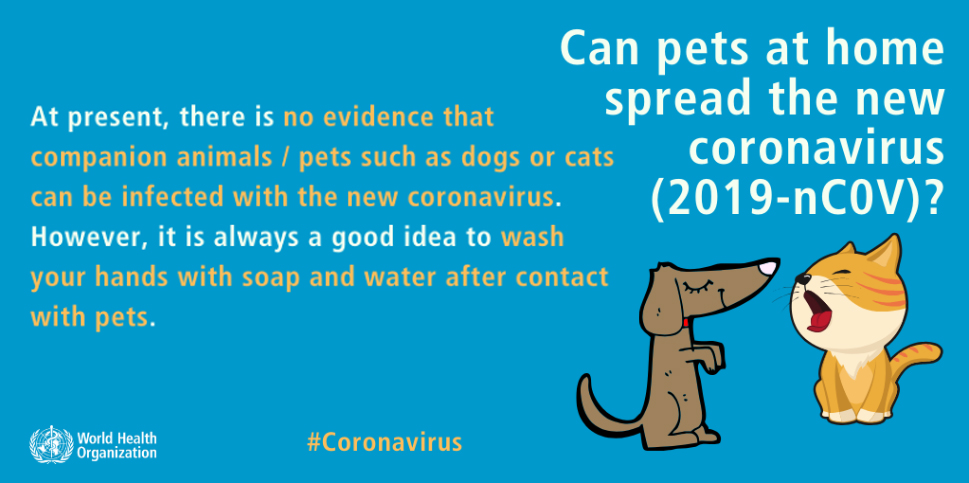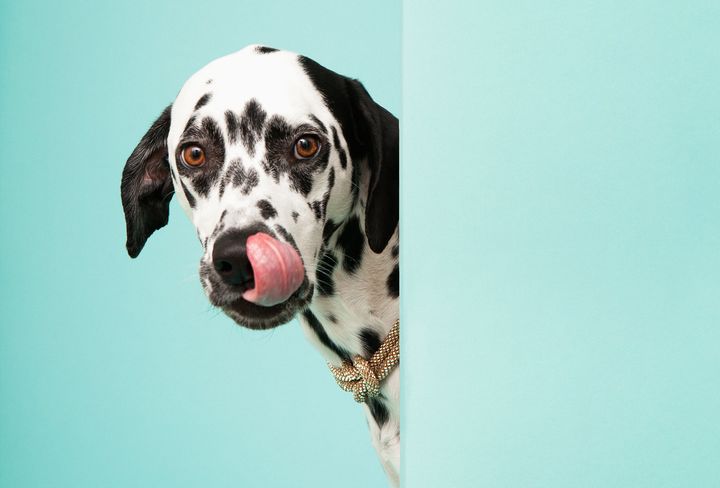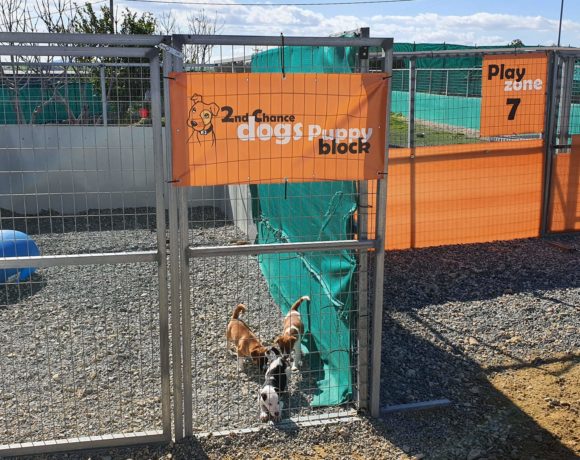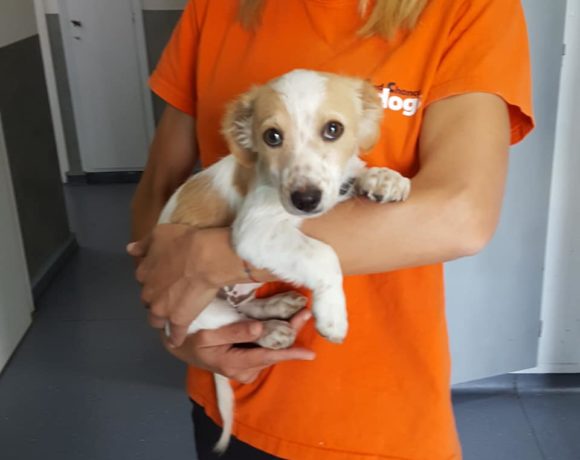Covid-19
What precautions should I take with my own dogs?
.
Can dogs catch Covid-19?
There is no evidence to show that dogs can transmit the Covid-19 virus to humans. The main source of infection for the Covid-19 virus is human-to-human transmission.
The spread of Coronavirus (COVID-19 virus) is now having a direct impact on everyone’s daily lives, following the most recent instructions from the Government. So it’s no surprise a lot of dog owners are worried for their four-legged friends. We’ve been answering some of your questions.
The good news is, current advice from the World Health Organisation is that there’s no evidence that pets can be a source of infection or that they can become sick from COVID-19.
We encourage all pet owners to take sensible precautions, and follow the latest guidelines. We’ll also be keeping this page updated as the situation evolves.
We would like to reassure you that there is still no evidence to show that dogs can transmit the Covid-19 virus humans.
New information on COVID-19 is rapidly evolving, and information will be updated as it becomes available.

LETS TAKE CARE OF OUR PETS
IN THESE DIFFICULT TIMES
Let’s protect our pets
There is no evidence that pets can be a source of infection to other animals or humans. We highly recommend all pet owners take care of their animals and keep calm. Pets shouldn’t be abandoned under any circumstance and, as always, there’s absolutely no need for culling.
All around the world dogs improve and add value to our lives. They keep us company, protect homes and livestock, and can learn to do extraordinary tasks – so let’s make sure we keep them, and ourselves, protected.

What precautions should I take with my own dogs?
If possible, bath your dog often and regularly wash your hands with soap and water after touching them.
Never put alcohol-based hand wash or disinfectants on your dog, as this could irritate their skin or may be poisonous if it’s licked.
WASH YOUR HANDS
Although there is no current evidence that suggests the coronavirus can be transmitted to or from companion animals, it’s always a good idea to follow basic hygiene practices around animals. This includes washing your hands thoroughly throughout the day and before and after direct contact with your pets, their food or their supplies.
DESIGNATE AN EMERGENCY CAREGIVER
Proactively identify someone who could help with their short- or long-term care in the event you are unable to care for your pet. Consider a family member, friend, neighbor or your favorite boarding facility.
STOCK UP ON PET SUPPLIES
Prepare a kit with essential supplies to have on hand in the event of an emergency. Your emergency kit should include a 30-day supply of your pets’ medications, as well as at least two weeks’ worth of food.
CREATE A PET DOSSIER
If your emergency caregiver’s assistance is needed, make it easier for them by having all of your pets’ information in one place. Consider including things like habits, food preferences, medical conditions and medications taken, veterinarian contact information, and any behavioral tendencies.
What precautions should I take with my own dogs?
No, There is no evidence that dogs or cats can transmit COVID-19 to people or get sick from it. Putting a mask on your pet isn’t something we’d recommend. Wearing a face mask could be distressing for pets and may affect their ability to breathe normally, particularly in flat-faced breeds (pugs, bulldogs, etc), which already have labored breathing, can suffer from heatstroke with a mask. Putting masks on them can interfere with their breathing and cause them stress.
To help stop the virus spreading, make sure you wash your hands with warm water and soap (especially before and after handling your pet and their food).
We would recommend ensuring you have a 14-day supply of dog food at all times and planning ahead with your food shop as you would for other essentials. If you are self-isolating and need dog food, ask a friend or neighbour to collect it for you and leave it on your doorstep.
Should there be a shortage of your dog’s usual food, owners may need to change food brands. We would advise, if possible, changing this gradually over a few days. If your dog has a medical condition requiring a specific diet, then taking guidance from your veterinary surgeon for details and tips on how to do this and what foods are most suitable for your dog. For general canine nutrition advice and details on poisonous foods to avoid please see this information
Although it’s not been proven, it may be possible for the Covid-19 virus (SARS-CoV-2) to be carried on pet fur, and for this reason, it’s important to wash your hands thoroughly after touching, feeding or cleaning up after you pet. It’s also important to ensure your pets are kept separate from other people, pets and households.
Hand sanitisers contain ‘ethanol’ (alcohol), can be harmful and deadly if ingested in a large quantity (i.e. an entire bottle), but it evaporates quickly and IS NOT HARMFUL if it’s licked in small quantities from your skin, or your pet’s fur. Always be caitious with hand sanitisers and leave them out of your dogs reach.
Yes. It is possible that a person with COVID-19 could sneeze or otherwise contaminate their pet, and then another individual could touch that animal and contract the disease. Veterinary experts believe the risk for transmission would be low. However, animals living with sick individuals should be kept away from other people and animals (quarantined at home), just as people who live with sick individuals must avoid contact with others. It is recommended that you restrict contact with pets if you are sick with COVID-19, just as you would restrict your contact with other people. Avoid snuggling, being kissed or licked, and sharing food. If you must interact with your pet, wash your hands before and after, and wear a face mask. The main reason is to avoid infecting the dogs hair with droplets that some one else could get from stroking your dog.
Identify another person in your household who is willing and able to care for your pet in your home should you contract COVID-19. Make sure you have an emergency kit prepared, with at least two weeks’ worth of your pet’s food and any needed medications. Usually, we think about emergency kits like this in terms of what might be needed for an evacuation, but it’s also good to have one prepared in the case of quarantine or self-isolation when you cannot leave your home.
It is unfortunate that due to misplaced fear, people abandon animals or even euthanize them. As we have mentioned, there is no evidence that dogs or cats can get sick from COVID-19 or spread the disease to humans. The best way to prevent the disease is hand washing, responsible coughing/sneezing, wiping surfaces with disinfectant, and social distancing. Abandoning or killing animals causes suffering to the animals, feeds a cycle of misplaced panic, is cruel and unethical, and does not resolve the pandemic.
Dogs have been shown to be a great company and may even decrease stress levels and suicidal tendencies, something that can be extremely positive during the current pandemic lockdown. We highly recommend all pet owners take care of their animals and keep calm. Abandonment should not be an option in any circumstance. Be a responsible owner, continue giving love, care and attention to your pet.
Dogs at rescue centres, dog shelters and community pounds are in need of assistance!
Dogs should not become the victims in this pandemic. They are vulnerable, and they need our help and protection. As there is no evidence that stray dogs or cats can transmit COVID-19 to people or get sick from it, we don’t need to be scared or concerned about these animals passing on the infection.
As always, we should follow all sanitary recommendations as indicated by health authorities, such as hand washing.
What can I do to help animals living in the street during this crisis?
Since the primary way to stop the outbreak is to stay at home, leaving your home to provide food or water to a dog or cat should involve eliminating all non-essential interactions outside the house.
If there are animals who depend on you for food or water, place these without interacting with the animal, as the same animal might be fed by multiple people in the community whose medical and travel histories are unknown. The governments is issuing specific permits for organizations and individuals who feed street dogs/cats.

.
Donate
A lot of animal shelters seem to be suffering because people are no longer donating, and volunteers can no longer go to the facilities. We are no exception.
One unfortunate side effect of the pandemic has been that shelters and rescue centers are no longer able to take volunteers, funding has dropped, and people that could otherwise adopt, are not doing so. New intakes have halted as dogs cannot be rehomed becuse of social distancing, this is dangerous to animals that depend on this care for their survival and welfare. Donating food or money could be an easy and helpful thing to do.
Dogs are still in need and the work of 2nd Chance Dogs goes on 365 days a year with no exception even in a pandemic. We’d be grateful for any donation amount you can spare to support our ongoing efforts to help animals at this difficult time and into the future.
2nd Chance Dogs still has to pay for food, k9 carers salaries, utilitiy bills medications and vet bills. and your generous monetary donation will be gratefully accepted, particularly during this stressful time.
Again, thank you for standing with us and our dogs, especially now. Please check back for any future updates, and stay safe!
This uncertain and stressful time is also a wonderful opportunity to unify behind a common love of animals.
COVID-19 does not discriminate; people from all backgrounds and communities will be impacted.
A deep connection to animals transcends socio-economic, racial, ethnic and geographic boundaries and honoring that bond with compassion, not judgment, is a very simple yet impactful way to contribute positively in your community during this crisis.
Pet Health
OIE - Advises that people who are ill with COVID-19 should limit close contact with their pet until more is known about the virus. When handling pets, adhere to basic hygiene measures. This includes hand washing before and after being around or handling animals, their food, as well as avoiding kissing, licking or sharing food. Further information is here.
WSAVA - World Small Animal Veterinary Association’s guidelines are here
FVE – Federation of Veterinarians of Europe find updates and resources from FVE here
FECAVA - BSAVA's European Association’s guidelines for practices are here and for clients here
The American Veterinary Medical Association (AVMA) - AVMA have general resources alongside those specific to their region available here.
CFSG - information can be found here.
PVA - Pancyprian Veterinary Association here.
Human Health
WHO - Practices can share their infographic on their websites or on social media to allay any fears clients might have about the virus and their pets. It can be accessed here.
CDC – Centers for Disease Control and Prevention info found here:
PIO – Cyprus press information office here.




